Normal text sizeLarger text sizeVery large text size
From novels exploring period crime and the performing arts to the story of the man who planted three million trees in Canberra, here are our reviewers’ takes on this week’s new books.
FICTION PICK OF THE WEEK
Here Are My Demands
Andrew Roff
Wakefield Press, $34.95
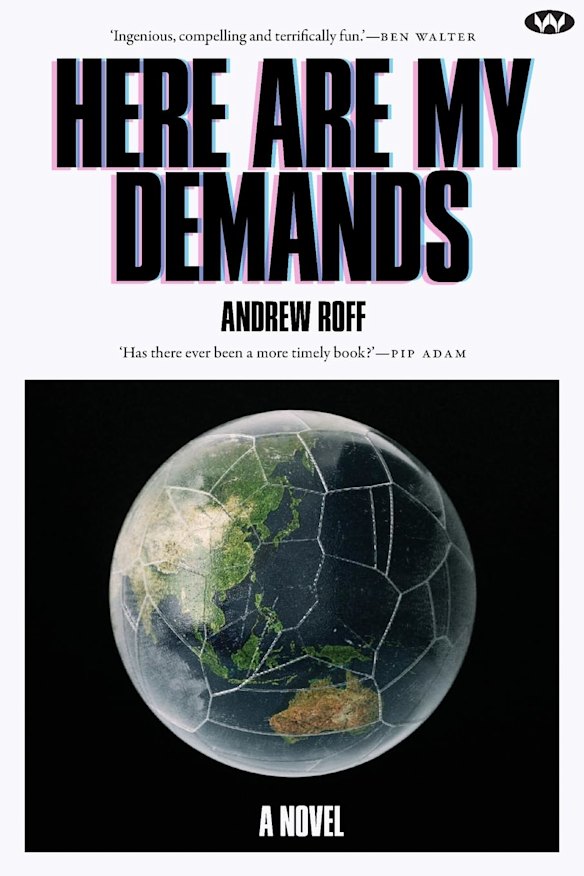
Andrew Roff’s debut novel is set in 2058. It takes readers deep into a speculative future Australia where, among other things, automation has increasingly replaced human labour, leaving millions out of work. Maggie Garewal finally has a chance to relieve the problem. As a policy adviser to the new progressive government, voted in after decades of conservative rule, Maggie wants to introduce a Universal Basic Income to support those who can no longer make a living. Such a program makes perfect sense but getting it off the ground is a hard ask, even with a political mandate. We follow Maggie as she navigates the corridors of power in a gripping tale that pits her against formidable obstacles – not least a mixed reality where truth and illusion, fact and spin, have become blurred. Politics tragics will rejoice at this meticulously constructed speculative fiction, which shows off a command of novelistic structure and form, while retaining the philosophical ambit and sharp insights that powered Roff’s 2022 short fiction collection, The Teeth of a Slow Machine.
The Final Chapter
January Gilchrist
HQ, $32.99

Poet John Forbes once described the Australian literary scene as “like a knife-fight in a phone booth”. The violence becomes literal inThe Final Chapter, where authorial resentment and rivalry fester on an exclusive writers retreat in the Blue Mountains. The setting is basically a supernatural horror version of Varuna (Australia’s national writing retreat). The place is doubly haunted: by the untimely deaths of its initial occupants, and by its history as the former home of a serial killer. Desley Barron is a struggling author whose career has hit a block. Haughty, high-profile Colette Halifax seeks refuge from an oncoming scandal. Ruthlessly ambitious Maya is bent on revenge. Three others at the house have their own secrets and agendas, and when a corpse is discovered, the usual cattiness yields to increasing terror. Any of them could be next. Gilchrist spikes this black comic satire of the foibles of the publishing industry with a serial-killer chiller and a touch of supernatural horror. The Final Chapter offers a murder mystery that writers especially should enjoy.
Very Impressive for Your Age
Eleanor Kirk
Allen & Unwin, $34.99

On the cusp of international stardom at only 26, opera singer Evelyn suffers a public humiliation which changes the course of her life. During a production of The Magic Flute, she suddenly, inexplicably finds herself unable to sing, mid-scene. She’s swiftly replaced and forced to head back to Sydney where medical specialists attempt to discover the source of the problem. Without a cure, Evelyn is at a loose end – her friends have all taken the next step in their careers and relationships, and her ex has moved on (not that that stops Evelyn from “unintentionally” running into him). When she hears that her old school is seeking a debating coach, Evelyn takes the job. Surrounded by adolescents whose eyes have not yet been dimmed by the setbacks of adult life, she comes to question her own attitude to the job. Will she be happy with a life lived in the wings, or will she return to the stage, lured by the limelight of which she’s always dreamt? The protagonist of Very Impressive for Your Age is funny, cultivated, relatable. Most people working in the arts have moonlighted as something less glamorous, and Evelyn’s predicament will feel immediately familiar to them.
The Birds Began to Sing
Jeffrey Buchanan
Text Publishing, $34.99

A queer Bildungsroman wrapped in a period crime novel, The Birds Began to Sing opens in the 1960s, in the port city of New Plymouth, Aotearoa New Zealand. Our teen narrator Godfrey is the son of the publicans who own the Balmoral Hotel, a watering hole for visiting sailors and local barflies. When openly gay barman Reggie goes missing, Godfrey is inspired by the pulp detective fiction he reads to solve the mystery. The trail leads him to a furtive world of men who have sex with men, all living in the shadow of a gothic prison that looms above the town, where homosexuals would be sent if they were ever caught. (Sodomy laws weren’t repealed in NZ until 1986.) And Godfrey’s own sexual awakening awaits. Parts of the novel have the stranger-than-fiction quality of novelised memoir, and there’s quite a bit of sex in it. Tonally, the novel has a comic edge tinged by danger and darkness and suspense, as it reveals a queer demi-monde constantly under threat from homophobic violence, yet flourishing despite the repressive social mores of the time.
High Rise
Gabriel Bergmoser
HarperCollins, $32.99
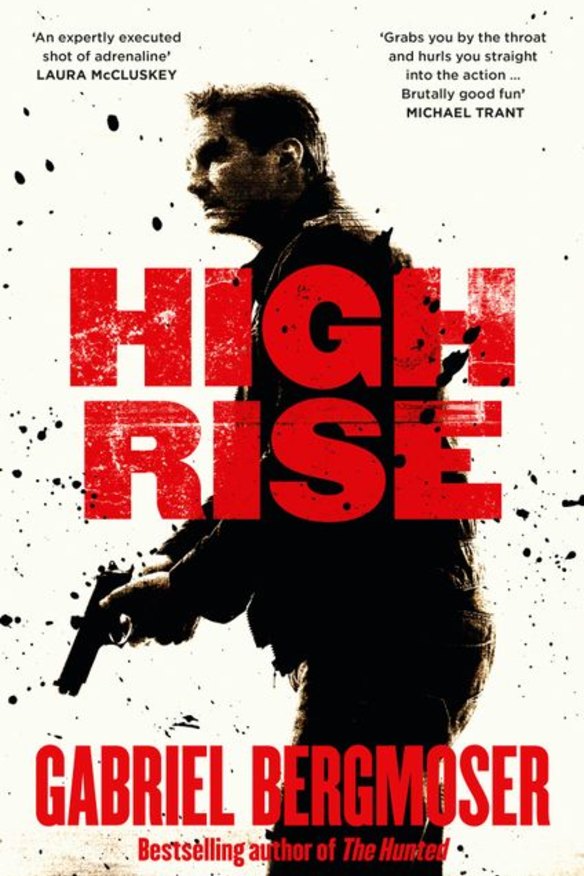
Melbourne-based Gabriel Bergmoser has a knack for cinematic thrillers, and his latest brings to the fore a supporting character from previous work. Having searched for a year, rogue ex-cop Jack Carlin has finally tracked down his estranged daughter Morgan to the top floor of a low-rent high-rise building. His “rescue mission” runs into immediate complications. Morgan hates his guts and doesn’t want saving. There’s also the fact that the entire criminal underworld wants him dead. There’s a bounty on his head and everyone seems to know his movements in advance. As Jack heads in to save Morgan, armed assailants converge on the building. With murderous baddies on every level, father and daughter must work together if either of them is to survive. If the plot lacks originality – the set-up is very similar to Die Hard – fans of action thrillers should still lap up Bergmoser’s high-octane storytelling. It’s a tense and fast-paced genre fiction.
NON-FICTION PICK OF THE WEEK

Playtime
Emily Gallagher
La Trobe University Press, $36.99
Essentially a history of childhood play and storytelling between 1890 and the beginning of WWII, Emily Gallagher’s superbly realised, often haunting study, draws the reader deep in the world of the child’s imagination in those years before TV and “teenagers”. Gallagher, a historian at ANU, spent years travelling across the country researching library archives, and unearthing material from “old graffitied desks in bush classrooms”. Children’s tales about Jacko the Broadcasting Kookaburra, school newspapers that often had limited editions, contributions sent to the children’s columns in mainstream papers and records of games past, all combine to produce a history of play in its various forms, the games and tales often enacted or written in the shadow of grim global events and directly or indirectly reflecting them. Gallagher has a genuine lyrical flair, as in the thoughts of children from that era being “preserved between the timeless blue lines of the modern school exercise book”. This might be an academic publication, but it’s a thoroughly engaging piece of imaginative historical writing, always thoughtful and quite often moving.
Thinking for Yourself
Michael Parker and Fiona Morrison
Ventura Press, $32.99
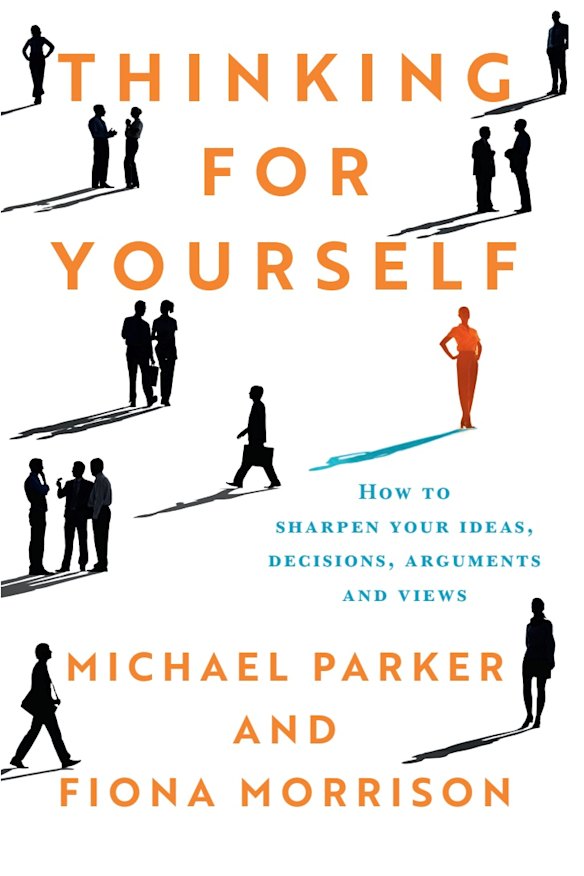
In many ways, this is an updated version of the kinds of “clear thinking” textbooks high-school students studied in another age. Misinformation, lies and propaganda have always been around, but, as Parker and Morrison point out, the game has changed dramatically, especially with the advent of AI. Flat-earth theorists can disseminate their ideas almost instantly now, and nonsense is a click away. How do we navigate our way through this? By learning how to think clearly and critically, so we come to conclusions that are weighed and rational. And there are civic responsibilities that have to be considered, especially in relation to our fragile democratic system which relies on informed citizens making informed judgments. In clearly argued and accessible writing, they examine highly complex subjects – such as the nature of truth and the processes we put in place to test those things we believe to be true, from the simply verifiable (whether Madge is your auntie or not) to far more challenging propositions. A clear thinking guidebook for our times, one can only hope it will be read by those who need to read it.
Playing to Win
Barry Nicholls
Wakefield Press, $34.95
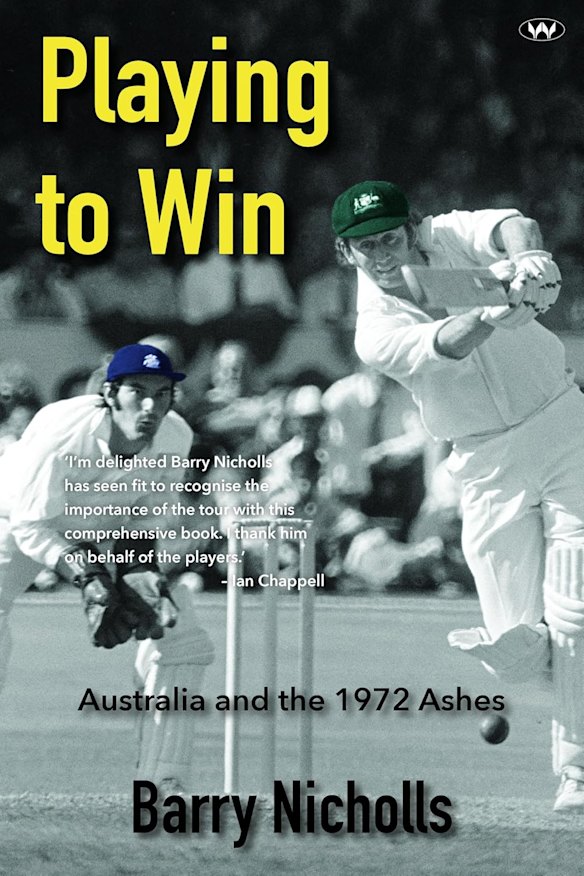
It’s worth remembering that the 1972 Australian Ashes team was referred to by parts of the English press as the “worst” team ever to leave Australia. By the final test nobody was saying that. Barry Nicholls, with a strong sense of immediacy, documents how a bunch of virtual unknowns in the UK – including the Chappells, Lillee and Marsh – took the game by the throat and produced one of the most memorable Ashes tours of the post-war era. Lillee, bursting onto the scene (after overcoming serious back problems) found Boycott’s weakness – his elbow! Bob Massie produced one of the greatest bowling feats of all time – and, in the same test at Lords, Greg Chappell delivered a classic century. Australia didn’t win the series – we drew it – but the side was unstoppable for years after. Nicholls’ record of the tour, full of vital stats, brings back the excitement of the time, as well as the youthful strut and confidence of the team, on and off the field.
Autistics at Work
Sandra Thom-Jones
MUP, $34.99

Professor Sandra Thom-Jones, who was diagnosed with autism later in life, has had a variety of jobs – from academia to school cleaner (her first job that she remembers fondly because of the solitude). Her employment guide for autistic people seeking work is shot through with invaluable personal experience and is great value for colleagues and employers as well. Incorporating responses to questionnaires from autistic people and employers, as well as practical advice and her own instructive stories, she covers the workplace waterfront: choosing the kind of work best suited to the individual, coping with the dreaded job interview, disclosing your condition and dealing with workplace bullying, among other things. Running through this is the arc of her own working life, giving up academia, and becoming a writer.
The Man Who Planted Canberra
Robert Macklin with Dr John Gray
NLA Publishing, $39.99
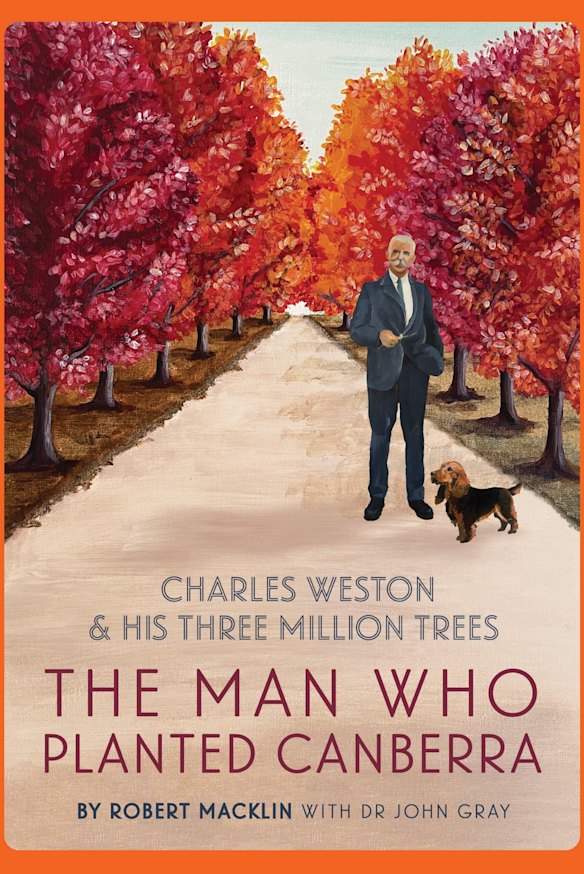
The name Walter Burley Griffin is so often associated with the history of Canberra, but Charles Weston – the man put in charge of landscaping the bare Canberra site – rarely gets mainstream mention. This comprehensive and colourfully illustrated volume corrects that. Weston, from humble Middlesex origins, distinguished himself early in life in the gardening trade, and in his 20s was made foreman in charge of gardening at Scotland’s Drumlanrig Castle. But he realised he could only go so far in Britain because of the restrictions of the class system. Australia beckoned, eventually leading to his appointment as officer in charge of tree planting in Canberra in 1921. Inevitably, the book is not only about Weston, his dedication and family sacrifices, but also takes in the many colourful players who were instrumental in creating the capital – including Burley Griffin (the two didn’t always see eye to eye), King O’Malley and many more. But, of them all, only one man planted three million trees! A valuable record of a singular, national occasion.
The Booklist is a weekly newsletter for book lovers from Jason Steger. Get it delivered every Friday.

